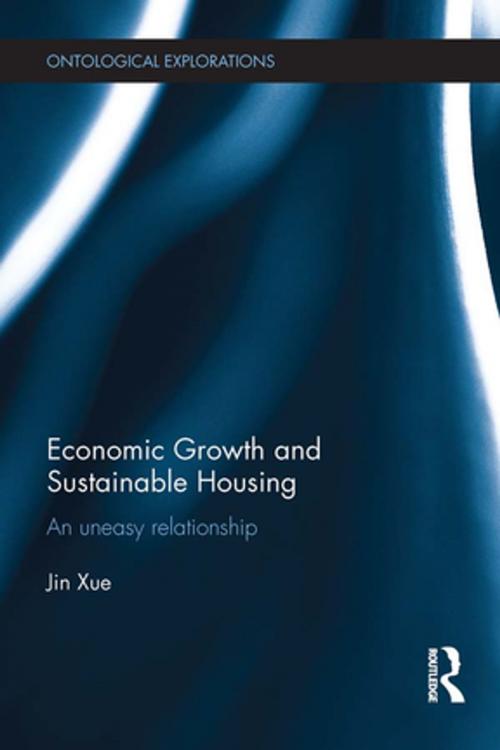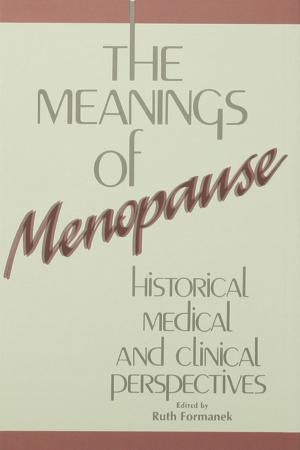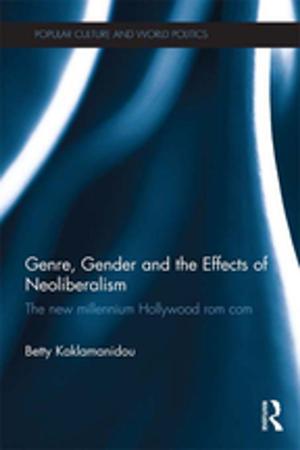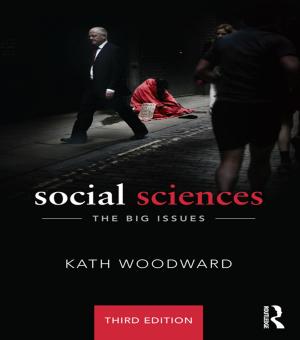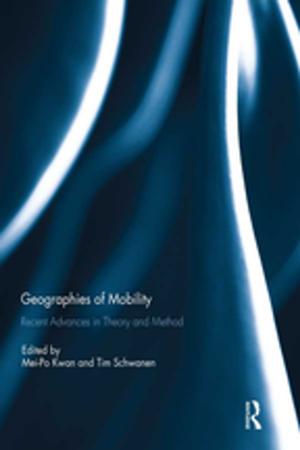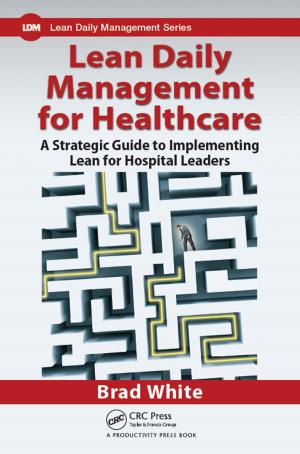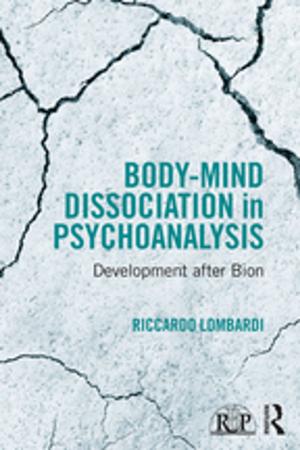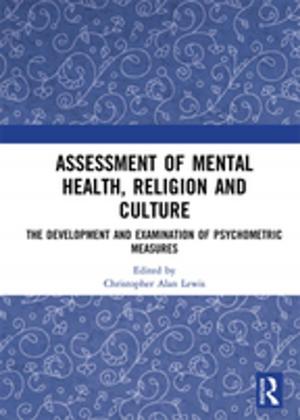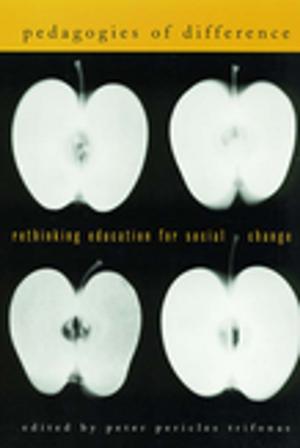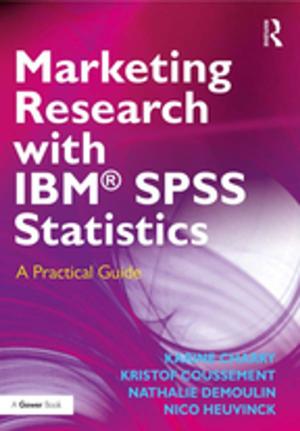Economic Growth and Sustainable Housing
an uneasy relationship
Nonfiction, Social & Cultural Studies, Social Science, Sociology| Author: | Jin Xue | ISBN: | 9781134579341 |
| Publisher: | Taylor and Francis | Publication: | August 15, 2013 |
| Imprint: | Routledge | Language: | English |
| Author: | Jin Xue |
| ISBN: | 9781134579341 |
| Publisher: | Taylor and Francis |
| Publication: | August 15, 2013 |
| Imprint: | Routledge |
| Language: | English |
Economic Growth and Sustainable Housing: An Uneasy Relationship critically discusses the possibilities of decoupling environmental degradation from economic growth. The author refutes the belief in combining perpetual economic growth with long-term environmental sustainability based on the premise that economic growth can be fully decoupled from negative environmental impacts. This proposition is underpinned by intensive study in the housing sector from both theoretical and empirical perspectives.
Xue employs critical realism to inform the investigation and organize the argumentation throughout the book. The book is organised into four parts: the first discusses the relevance of critical realism to the research field of housing and urban sustainable development in terms of ontology and methodology. The second makes a transcendental refutation of the possibilities of decoupling economic growth from housing-related environmental impacts by describing transfactual conditions of full decoupling. The third part presents two case studies to show whether and to what extents decoupling between economic growth and housing-related environmental impacts have historically taken place. Inspired by critical realist ontology, generalization of abstract concept from the case studies are made to cast light on the implausibility of maintaining perpetual economic growth through decoupling. The final part explains why and how the belief in full decoupling and economic growth is generated and sustained despite its implausibility and non-necessity, which constitutes an explanatory critique of the growth and decoupling ideology and paves the way for the paradigm shift to socially sustainable de-growth.
This book will be of interest to students of housing and urban studies, to students of environmental sustainability and also for those students and academics with a general interest in critical realism.
Economic Growth and Sustainable Housing: An Uneasy Relationship critically discusses the possibilities of decoupling environmental degradation from economic growth. The author refutes the belief in combining perpetual economic growth with long-term environmental sustainability based on the premise that economic growth can be fully decoupled from negative environmental impacts. This proposition is underpinned by intensive study in the housing sector from both theoretical and empirical perspectives.
Xue employs critical realism to inform the investigation and organize the argumentation throughout the book. The book is organised into four parts: the first discusses the relevance of critical realism to the research field of housing and urban sustainable development in terms of ontology and methodology. The second makes a transcendental refutation of the possibilities of decoupling economic growth from housing-related environmental impacts by describing transfactual conditions of full decoupling. The third part presents two case studies to show whether and to what extents decoupling between economic growth and housing-related environmental impacts have historically taken place. Inspired by critical realist ontology, generalization of abstract concept from the case studies are made to cast light on the implausibility of maintaining perpetual economic growth through decoupling. The final part explains why and how the belief in full decoupling and economic growth is generated and sustained despite its implausibility and non-necessity, which constitutes an explanatory critique of the growth and decoupling ideology and paves the way for the paradigm shift to socially sustainable de-growth.
This book will be of interest to students of housing and urban studies, to students of environmental sustainability and also for those students and academics with a general interest in critical realism.
